Sunday Baths
I was born in Chinatown in the summer of 1938. My father, a tailor who specialized in custom-made shirts rented a store on Main Street. Our living quarters was at the back of the shop. It was crowded with my parents, two brothers and a sister.
My father arrived in Canada as a young man in 1911. Like most of his contemporaries, his was an arranged marriage. As was expected of his generation, he left his first wife and first son in China to seek his fortune overseas. Part of that expectation, was his wife duty bound to stay behind in the village and look after his son.
He learned his trade as a tailor in his home village and apprenticed in Chinatown. His $500 head tax was a loan from the family association and when that was repaid, he send for his second wife, my mother, in 1921. At that time, he was in a minority in Chinatown to afford the $500 head tax to bring in his wife from China.
They lived in a hotel room at the Loyal Hotel on Pender Street. The hotel was home to newly arrived immigrants. It was there my eldest brother was born in 1922 and within months, my parents took my brother named Git to father’s home village. There he was introduced to my father’s First Wife. This was a protocol from the old Imperial society that any subsequent babies from a second wife or concubine to acknowledge the First Wife as the mother of the family. My parents returned to Vancouver and the subsequent children were treated accordingly.
Eventually my parents moved from the hotel to the shop on Main Street. My father had window displays of his ready made shirts along side with men’s socks, ties, gloves and the like. My mother did one better and suggested to him that if men were going to get their shirts at the shop, why shouldn’t they buy for wives or girlfriends, nylon stockings and lingerie at the same time?
Pop, as we used to call my father, thought about it and changed his dry goods store for both men and women. And business improved, thanks to Mother.
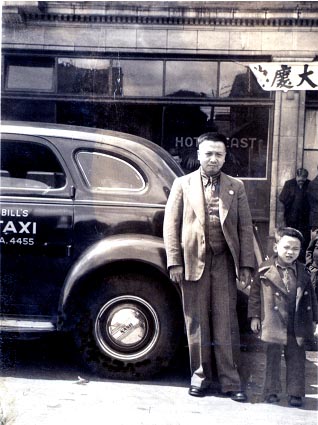
In 1939, a year after I was born, my parents decided to take a chance and booked passage on one of the Canadian Pacific Empresses’ steamships to Hong Kong. From there, it would be a two day journey to my father’s village. It was chancy because of the Japanese war in China. My parents, particularly, my mother was active in the community selling tickets to raise money for war bonds. They were worried at the chaotic events in their homeland.
As it happened, my mother took ill. She was asthmatic all her life and couldn’t really cope with the air of Vancouver. She also had tuberculosis and died at home waiting for a hospital bed.
My father had to look after two teen age sons, one nine-year old daughter and me, a baby boy of a year and a half. I was a handful and eventually I was farmed out to close friends of my mother’s until Father recovered from the shock. He cashed in the passage tickets for a one way shipment of my mother’s remains.
My mother who arrived in Vancouver from China had sailed on the Empress of Asia and it was so fitting she returned to Kowloon on the same Empress.
Some months later my father took me back, confident to look after me.
My parents had a family friend named Gum Sing. He was a bachelor who lived in the Loyal Hotel and that was how my parents met him. He often came to the shop to visit and helped in looking after us. My father often closed up shop at the end of the day, cooked dinner and left us at home as he walked the one block distance on Hastings Street to help out a friend at a confectionery store. He’d be there until midnight. On his way back home, he’d stop in at a social club and tried his luck at the gambling tables.
If he was lucky and won some cash, he would go to a Chinese restaurant for a take order of chow mein before going home. I remember many a nights he would wake me up in the middle of my sleep and prompted me to share in the midnight snack. I would return to bed and wake up the next morning with no memory of the snack.
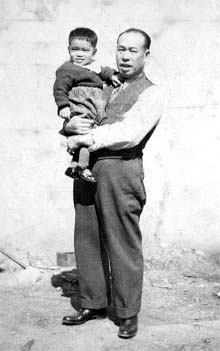
Gum Sing was like a baby sitter. In the time my father was helping out at Lee’s Confectionery, Gum Sing Bak as we called him, would take me on a walk. The Bak is a form of address which meant he was a man over 60 years old. My siblings however, always refer to him as ‘F.P.”.
Sometimes after dinner, F.P. and I walked to the quay at the foot of Main Street and if we timed it right, we waved to the large steam engine as it chugged past us with its long line of passenger cars on their way across Canada. If it was rainy, we would go to the movies or visit Pop at Lee’s. Sometimes F.P. would entertain me simply by blowing smoke rings.
But I suppose the interesting part of our relationship happened on Sunday afternoons.
Our living quarters had a sink, a toilet but no hot water and no bathtub. I’m not sure how my older siblings coped but my father insisted that I take a bath and that was final. So every Sunday afternoon, F.P. walked me back to his hotel.
I remember the high step of the apron form the sidewalk, the swinging doors and the short stairway to the main floor. From there, we climbed up a stairway that wound around a light well or shaft for two floors, down the hallway to his single room. There was no view other than a blank wall of the next building.
His room contained a single bed, a closet, a table and a couple of wooden chairs. I would undress to my underwear and wore my shirt over me as a robe. F.P. walked me down the hallway to a communal bathroom.
F.P. drew the hot water in the tub. The tub was wide and deep. It had white clawed feet. It felt like a long time before the tub was filled as I waited patiently. F.P. told me to take off my underwear after which I eased myself very carefully into the hot water.
It seemed to take a long time to get used to the temperature and as I settled in, I started to scrub myself as F.P. waited outside the door.

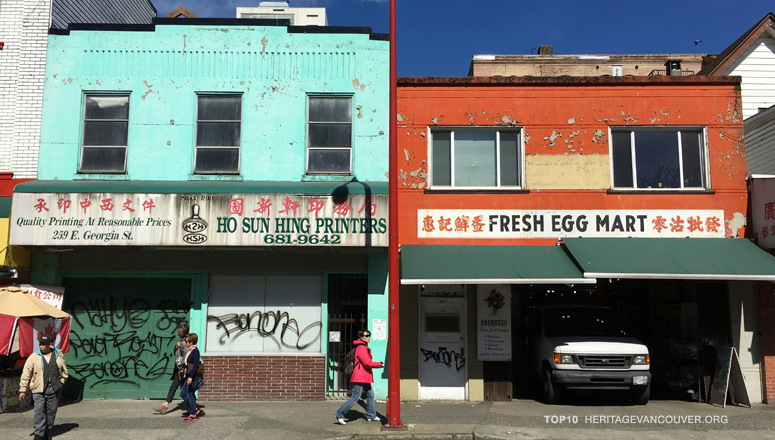
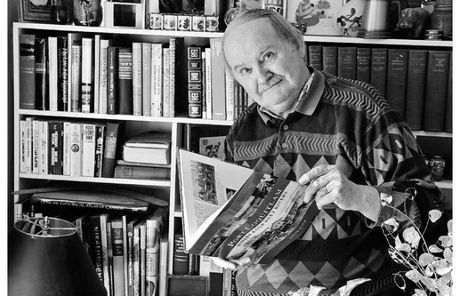
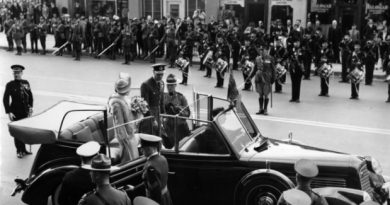
![Mainland Foundry Company [CVA 1376-237]](https://vancouverhistory.ca/wp-content/uploads/2021/01/c04deb59-fea2-41c6-bf0b-c1f9c3e6c429-A42214-390x205.jpg)